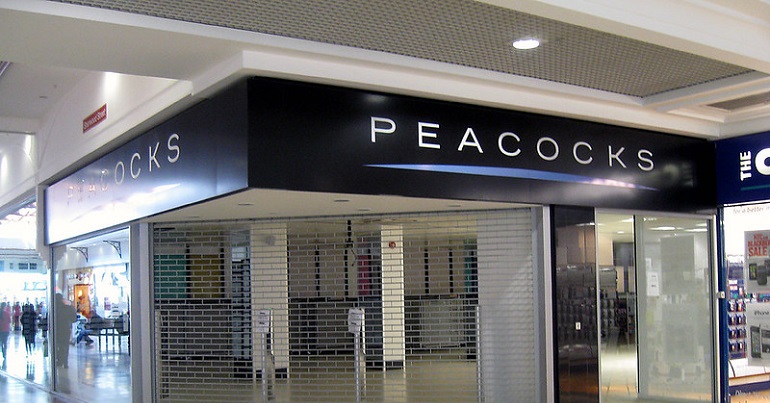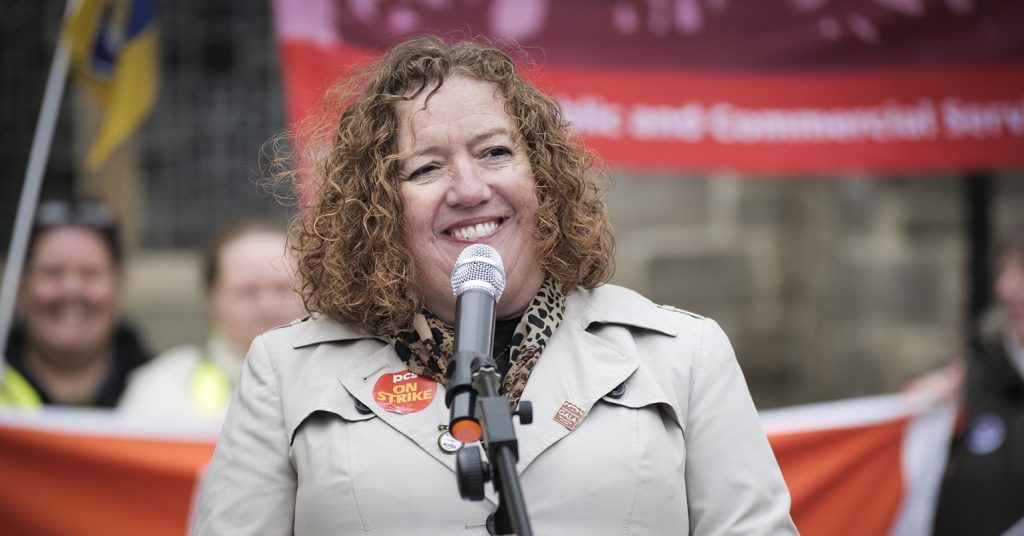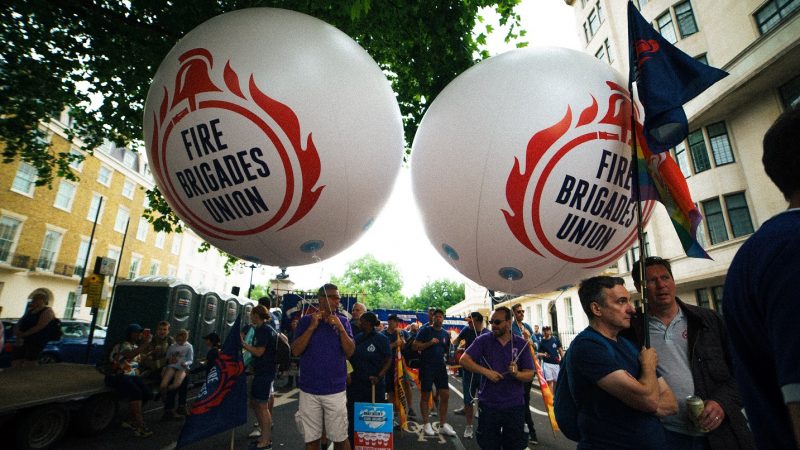Activists demand #PeacocksPayUp in global call of action

On 11 August, Oh So Ethical and No Sweat embarked on a global call of action on social media against Peacocks as part of the #PayUp campaign, which demands brands pay for orders they cancelled with factories, in response to the COVID pandemic.
The result was an influx of activists directly contacting the brand via email Twitter and Instagram, using the hashtag #PeacocksPayUp, as well as sending emails to its parent company, Edinburgh Woollen Mills.
Peacocks has become a prime target, as its cruel treatment of its suppliers, as well as its blatant attempts to silence criticism during the pandemic, has become symbolic of the callous industry fashion has become.
Peacocks’ discounts and cancellations are ‘the worst in the industry’
As COVID-19 spread rapidly across the world, fashion brands sought ways to cover profit losses inevitably coming their way. Their solution? Take it from those with the least power and least legal protection: their workers at the bottom of the supply chain.
The decision was made by brands to cancel orders with factories, including orders that had already been completed or were in the process of being completed. The fundamental issue is that factories do not get paid for orders until they are completed and shipped, so factory owners have been unable to cover the costs of production for cancelled orders, including workers’ wages. As a result, thousands of workers have faced factory closures, unpaid wages, and mass layoffs (particularly union members).
One of the most prominent culprits in the UK was the Edinburgh Woollen Mills (EWM) group, which is the parent company of brands including Peacocks, Austin Reed and Jaeger, and is owned by billionaire Philip Day. According to Bangladeshi suppliers, the company owes over £27 million, after they cancelled orders for tens of thousands of items, and demanded up to 70% discounts on millions of pounds worth of goods that had already been completed. Mostafiz Uddin, a supplier in Bangladesh, described the actions of EWM as, “…the worst in the industry,”.
In response, 30 suppliers sent EWM a letter, accusing them of taking “undue advantage of the Covid-19”, and warned that the suppliers would “have no option but take the decision to place an embargo and blacklist the buyers and their agents who do not comply with our instructions.”
Considering the importance of the garment industry for Bangladesh’s economy, and its dependence on investment from multinational brands, this move from suppliers to threaten brands with blacklisting indicates the sheer devastation EWM has brought to the industry.
The #PayUp campaign demands justice
Following the devastating move from Peacocks and other brands to save their own backs at the expense of workers in their supply chains, activists around the world have responded by demanding brands ‘#PayUp’ for cancelled orders. While some brands have responded to the calls, with several now agreeing to pay in full for cancelled orders, many have also ignored the public, and have even attempted to justify their callous decision. Peacocks, however, decided to take it a step further, and blocked anyone who criticised them on social media, while limiting the ability to comment on their Instagram posts.
The sheer inhumanity of silencing concerns for the thousands of workers going unpaid for months, with no means of supporting themselves and their families, is enraging, but also a sinister reminder of the fashion industry’s routine practice of concealing its brutal violence.
Peacocks care about the pandemic when its profitable
The fashion industry has a renowned reputation of masking the systemic exploitation of its workforce that we see today. This has been considerably noticeable in recent years, as social justice has become a mainstream topic of conversation globally, with brands more than aware that the working conditions of their workers completely contradict any concept of justice.
In fear of losing public support, several tactics have been orchestrated to portray brands as benevolent entities with an ardent devotion to humanity, as they simultaneously intensify the exploitation of garment workers making their clothes. For example, in response to the pandemic, we have seen brands bolster campaigns in support of NHS workers battling the spread of COVID-19. Peacocks have gone all-out in this area, celebrating ‘Peacocks heroes’ on their social media feeds, as well as offering NHS workers discounts and gift cards.
There is absolutely nothing wrong with celebrating the fundamental work of the NHS, particularly in regards to its workers’ exhaustive efforts during the pandemic. But there is a dark irony in showing your outward support for health workers in the UK, while simultaneously refusing to support your own workers during the pandemic, making them increasingly vulnerable to the spread of COVID, and knowing your reluctance to protect them will contribute to the burden their health services will undoubtedly face. If you truly care about workers and victims of the pandemic, surely the wellbeing of the workers who form the backbone of your business should be a matter of concern?
The pressure is working!
Our collective efforts to expose brands such as Peacocks have torn down the ethical charade these brands have curated, compelling brands like Peacocks to now actively silence criticism, in a bid to preserve their public image. Their attempts to silence these validated concerns regarding their workers makes evident the complete disregard brands have for the humans behind their products. Instead of being recognised as building the foundation from which these corporations make their profits, garment workers are dehumanised, their lives reduced to ‘difficult business decisions’ and ‘labour costs’, enabling the normalisation of their brutal exploitation.
Their actions, as vile as they are, are a mere symptom of the ongoing preservation of capitalism and systematic extraction of profit from workers of the Global South. The exhaustive efforts and money corporations throw at attempts to mask their exploitative business models and silence criticism of the supply chain therefore means collective action among citizens around the world is central to our solidarity.
After our campaign, there was silence from Peacocks, but that does not mean we haven’t had an impact. Peacocks have now stopped blocking people, but have unfortunately discovered the ‘restrict’ option on their Instagram account, allowing them to ‘hide’ people’s comments instead of having to block them. Regardless, their change in tactic shows we are being heard. We must continue to speak out. Whenever and however we can.
Follow No Sweat and Oh So Ethical for updates on future actions against brands.
PS. We hope you enjoyed this article. Bright Green has got big plans for the future to publish many more articles like this. You can help make that happen. Please donate to Bright Green now.
Image credit: harrypope – Creative Commons




This article fills me with hope, because it widens our politics from total concentration on a worn-out electoral process.
Targetting retail outlets is a very potent political tool which brings green activism to people as consumers, that is, where people are.
The possible targets are infinite. One of my favourites is Oak Furnitureland because of the sources of their timber, which they keep quiet or obfuscate.
Bright Green should be campaigning within the Party for leadership from the top so that campaigns are coordinated and thus more powerful.
Such campaigns should be as important as electoral politics, and would tell people where the GP stands, and link into peoples’ real lives.